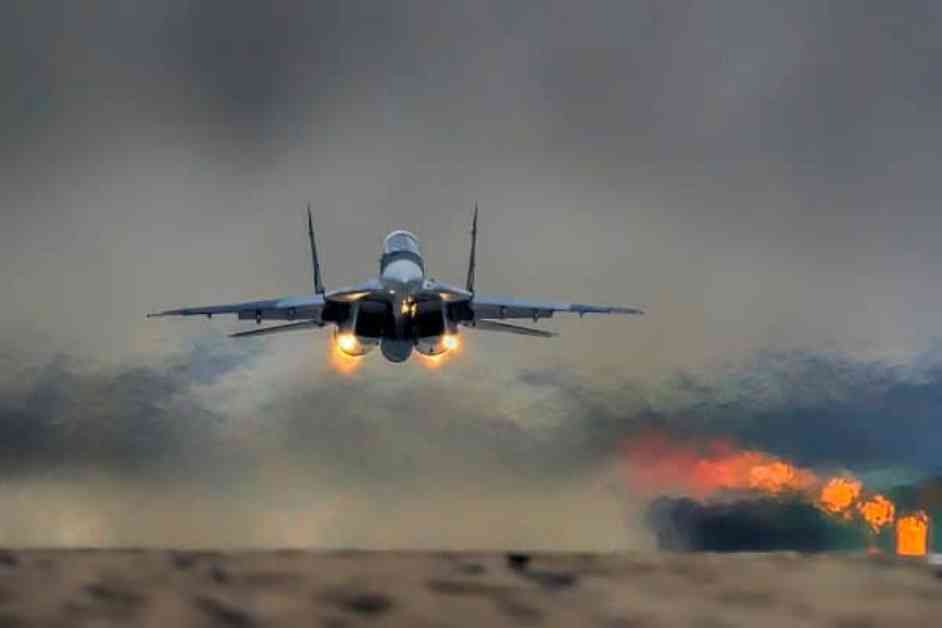Poland has issued a strong warning to Moscow regarding any potential attack on the Baltic states. Chief of General Staff Raimund Andrzejczak emphasized that NATO would respond immediately and strike directly at St. Petersburg if Russian troops were to cross into Lithuania. The Polish military is taking proactive measures by acquiring hundreds of missiles with a range of 900kms to deter any potential aggression from Russia.
The situation in Ukraine has also been highlighted as a key factor in the escalating tensions. Andrzejczak pointed out that if Russia were to succeed in Ukraine, it could lead to further Russian military presence in neighboring countries like Lviv, Brest, and Grodno. This has prompted Poland to prepare for a potential conflict by acquiring advanced weaponry to ensure the defense of the Baltic region.
Lithuania has also expressed concerns about the need for immediate action in the event of an attack on the Baltics. Army Commander Raimundas Vaikšnoras stressed the importance of not waiting for NATO to make a decision on triggering Article 5, which calls for collective defense. The Lithuanian Presidential National Security Advisor Kęstutis Budrys warned of Russia’s expansionist ambitions and potential aggression towards the European Union if Belarus were to align with Russia.
Estonia’s foreign intelligence has reported that Vladimir Putin is increasing the number of troops along the NATO border, raising fears of a potential conflict with the alliance. The Estonian service director-general Kaupo Rosin has noted that while Russia may not be currently planning military actions against NATO, there is a significant buildup of military forces along the Baltic and Finnish borders. This includes an increase in manpower, armored vehicles, tanks, and artillery systems in the region.
The ongoing tensions in the region highlight the importance of maintaining a strong defense posture and readiness among NATO member states. The potential for a conflict with Russia underscores the need for unity and coordination within the alliance to deter any aggressive actions. The Baltic states remain on high alert and are preparing for any potential escalation in the region to ensure their security and sovereignty.












